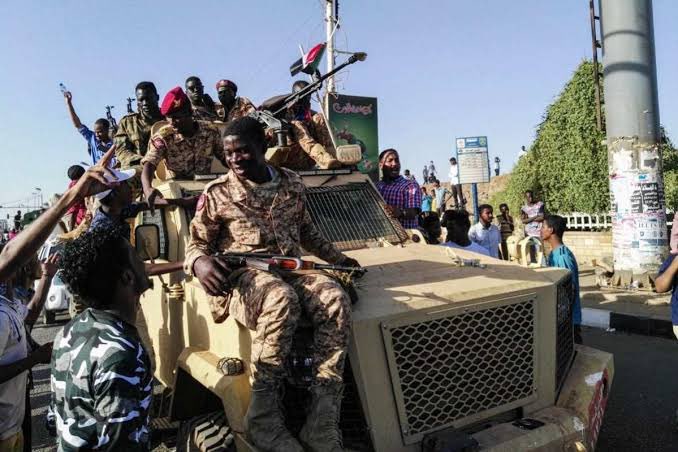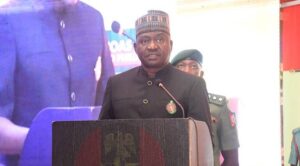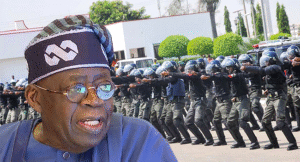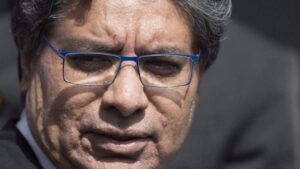
Jaboul said the rebels were invading civilian homes, government institutions and universities, turning them into bases.
The government of Sudan on Friday urged the Nigerian government to intervene in the crisis between the military and the members of the Rapid Support Forces (RSF), in the country.
It has been nearly one year since war broke out in Sudan, causing a devastating humanitarian crisis and bringing long-existing political and ethnic tensions into sharp focus.
The two warring parties, the Sudanese Armed Forces (SAF) and paramilitary Rapid Support Forces (RSF), have continued a longstanding struggle for power.
Over the past year, violent clashes have killed nearly 16,000 people and displaced millions.
Thousands of desperate people are still fleeing the country daily “as if the emergency had started yesterday”, the United Nations reported on Tuesday this week.
Diplomatic efforts have failed to put an end to the crisis, which experts have said was partially triggered by an internationally backed plan to merge the RSF into the army.
However, Mr Ahmed Omer Jaboul, Charge d’ Affaires of the Embassy of the Republic of Sudan in Nigeria, while speaking at a press conference in Abuja on Friday, said Nigeria’s intervention could end the one-year-old conflict.
He said Nigeria’s previous interventions in crisis in the country had been successful.
While expressing the government’s intention to return the country to democracy, he said Nigeria’s intervention would fast-track the process, adding that the humanitarian situation in the country was getting worse as the rebels were intercepting the few supplies from international organisations.
Jaboul said the rebels were invading civilian homes, government institutions and universities, turning them into bases.
He stated that although the conflict situation in Sudan has not completely changed since it began, the National Military Forces have halted hostilities in most parts of the country.
He said, “If Nigeria intervenes in this crisis, we are sure this issue will be resolved soon.
“We know Nigeria was busy with elections when the crisis started and then the Niger Republic crisis came up after.
“What we would like to focus on nowadays is to talk about the humanitarian solutions in Sudan.”
“This is one of the very critical areas and one of the priorities, not only for the government but for the international community as well,” he said.




